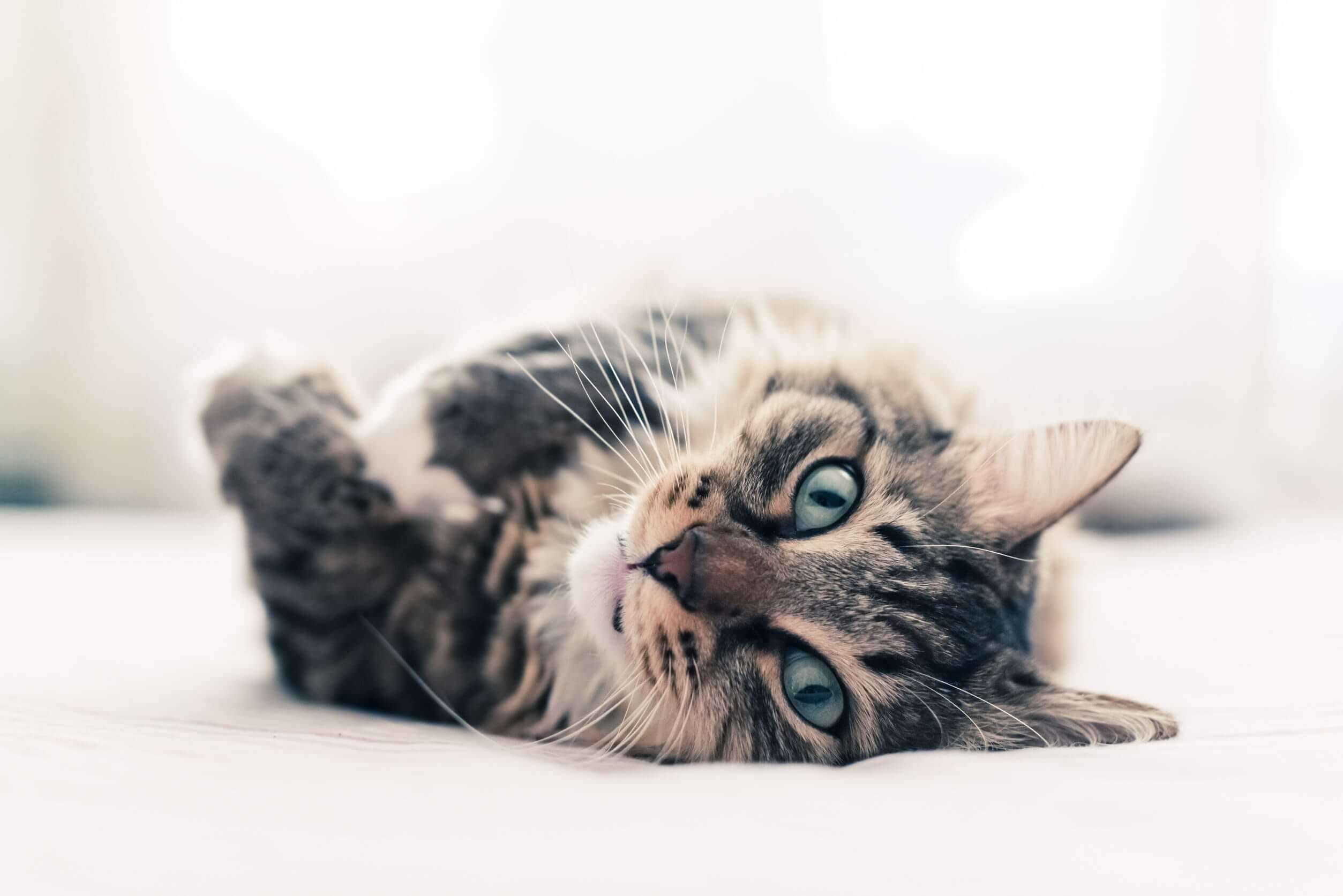 50.6K reads
50.6K readsHealth
Olive Oil for Dogs and Cats

Olive oil can benefit both dogs and cats by improving their overall health, skin, and coat, but it is important to use it in moderation to avoid digestive issues and weight gain. Vets recommend adding one teaspoon of olive oil per 20 pounds of body weight per meal for dogs, while cats can benefit from the oil to reduce the risk of cardiovascular diseases, diabetes, and hairballs, among other health issues.
Olive oil doesn’t only benefits humans, it can help your cat or dog stay healthy, too. From healthy coats to hairball management and more, it can be a superfood for our furry friends, but too much can have a negative effect. Here’s how to incorporate olive oil into your dog’s or cat’s diet and all its advantages.
Those monounsaturated fats will not only keep your heart healthy but could also keep your dog living longer. Potential benefits include the prevention of cardiovascular disease, diabetes, cancer and excess weight gain, and a healthier immune system, according to Rover.com.
Studies have also found olive oil’s link to brain health and joint health. Both are important for senior dogs, who can suffer from hip dysplasia, elbow dysplasia, arthritis and osteoarthritis.

Olive oil doesn’t just keep dogs feeling good, it helps them look good too. It’s a remedy for dry skin, but be careful of floor and furniture stains. A less messy way to help your dog’s skin and coat is to add the oil to his diet. The omega‑3 fatty acids help moisturize the skin and prevent flakes from returning, according to PetGuide.com.
Vets recommend one teaspoon of olive oil per 20 pounds of body weight per meal, mixed in with your dog’s regular wet or dry food, according to PawCulture.com.
Extra virgin olive, which has a lower acid content, is best. Though olive oil has many health benefits for dogs, too much can cause digestive issues and weight gain. Always watch out for signs of diarrhea or vomiting, and cut it out if you notice any issues.
Cats
Like their canine counterparts, cats can enjoy many health benefits related to olive oil and its monounsaturated fat, according to AnimalWised.com. It can also reduce their risk of cardiovascular diseases and diabetes, boost the immune system, and help them lose weight. This reduction in weight also cuts their risk of having a stroke.

Constipation can be a big problem in cats, and even lead to death. Olive oil is a natural remedy for the issue, as it has a laxative effect. It’s not surprising that olive oil is also a cure for hairballs.
On average, cats cough up three to four hairballs a month, according to Hartz. The pet supply company suggests mixing one teaspoon of olive oil into your cat’s food for three days as a hairball cure.
Adding olive oil to your cat’s diet on a regular basis will even keep fur shiny and soft. It’s recommended to add a spoonful of oil in your cat’s food at least 3 times a week; mix it well until the oil is absorbed by the food.
Outside of your cat’s diet, pet owners can use olive oil to prevent ear infections, according to VetInfo.com. To clean a cat’s ears with olive oil, use a plastic ear dropper or a syringe, cotton balls, towel and bowl of warm water. Warm the olive oil to the cat’s body temper by placing the olive oil container inside the warm water bowl. Fill the ear dropper or the syringe with a little olive oil. Add one to two drops in the cat’s ear canal opening. Massage the ear area with circular motions to make sure that the liquid enters the ear canal. Repeat the motions five times for each ear. When done, allow the cat to shake his head for about 5 minutes, and then clean the outer part of the ear using cotton balls or a clean towel.









